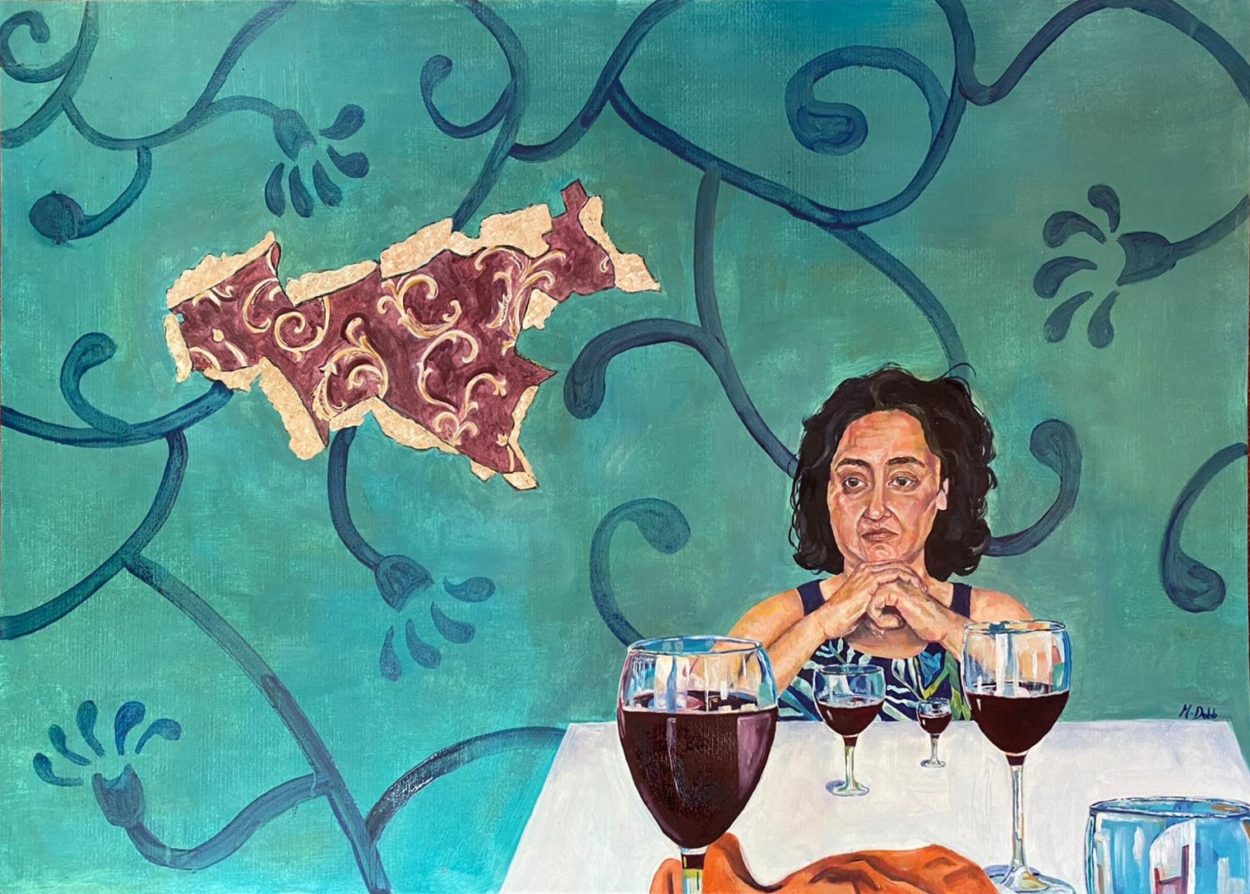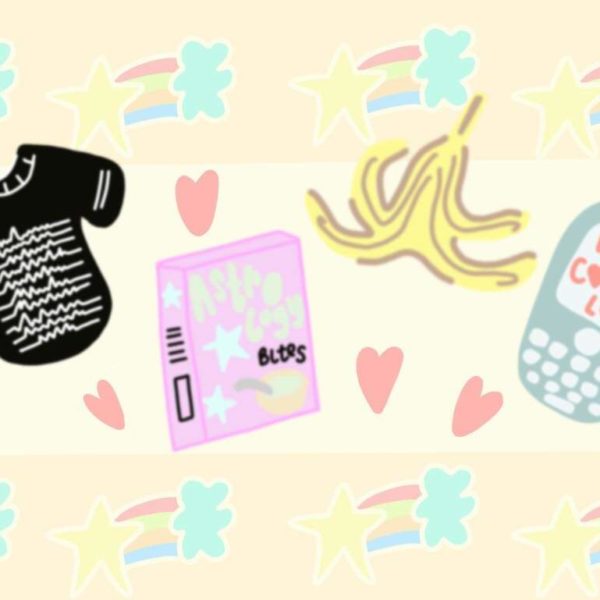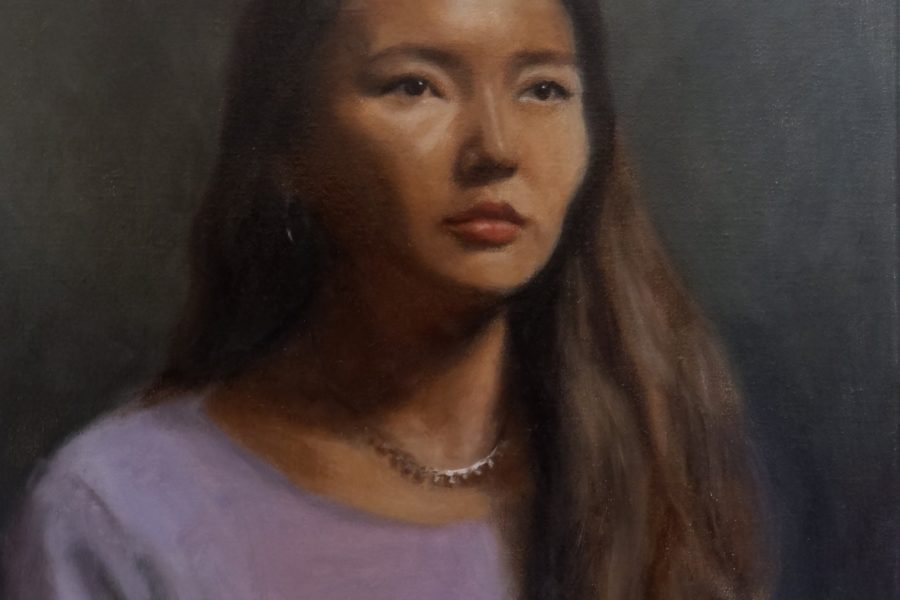Don’t you just hate it when you’re looking at a piece of art in a gallery and there is no writing to explain what on Earth the art means? You just stand there, perplexed, wondering how much of an idiot you are for the kinds of interpretations you’re coming up with.

Paradise Found: Home Lost
Maybe I am getting something wrong, maybe I am ignorant to a deeper relationship between the viewer’s interpretation and the art alone. But I like to hear the artist’s voice and understand what the original meaning of their work is. And that isn’t with the intention of taking the artist word for word so that the viewer is left with no imagination of their own, but I think it makes for a much more exciting dialogue about art; one that is inclusive when the art world can often feel so exclusive and elitist.
On that note, I’d like to tell you a bit about this piece. It’s titled Paradise Found: Home Lost as a fun play on Milton’s epic poem, and is based on a picture I took of my mum when we were on holiday in 2019. I remember sitting in that restaurant thinking how this felt like literal paradise, but as a true Brit, I began to find the heat unbearable, and for other reasons besides the weather (I’m not that 2D, goodness), I was starting to miss home. That’s why I have our living room wallpaper revealing itself through the cracked walls, and the wallpaper pattern of the restaurant enlarged to represent what felt like such an overwhelming sensation. To further this surreal scene, reflective of what felt like a surreal moment, mum’s table stretches to seemingly endless glasses of wine. Obviously alcohol plays on realities. As I was working on this part I couldn’t stop thinking about the phrase “my glass is full” which I believe evokes both a feeling of great contentment and simultaneously, reservations about the possibility of this. But hey, if you’re not going to feel that in paradise, where will you?
I started this piece as soon as we got back from that holiday, it has taken me two years to complete and so much has changed in that time. I think I’ll probably add more bits in the future but for now I can happily say there is paint on every part of the canvas, and that’ll do for now.






Leave a Comment